This website uses cookies so that we can provide you with the best user experience possible. Cookie information is stored in your browser and performs functions such as recognising you when you return to our website and helping our team to understand which sections of the website you find most interesting and useful.

Insomnia is a common sleep disorder where adults have trouble falling or staying asleep.
We believe everyone should have good nights & good days. Sounds simple,
but to get that we need to wake the world up to the reality of insomnia.
Insomnia doesn’t just impact our nights; It affects our days too.
It’s time to rethink how you sleep.
By starting the discussion, you’re one step closer to a good night.
Let’s rethink sleep together.
the brain & what’s
behind insomnia
Your brain has a sleep/wake system. There are sleep and wake signals that work together, and for healthy sleepers, work in pretty good harmony. However, when the wake signal takes its time handing off to the sleep signal, or if it doesn’t handoff at all, chances are it’s not going to be a good night.
If this is feeling all too familiar, you might have insomnia and may even need professional help- from a real doctor, not your neighbor (unless your neighbor is, in fact, your doctor).
how to talk to
your doctor
In order to get the right help for your sleep struggles, the first step is figuring out how to have a good chat with your doctor or if your current treatment isn’t working, a different chat with your doctor.
As patients we tend to rely on our doctors to ask all the questions.
But with a little preparation, we can make sure we guide the conversation so that doctors are getting all the information they need.



